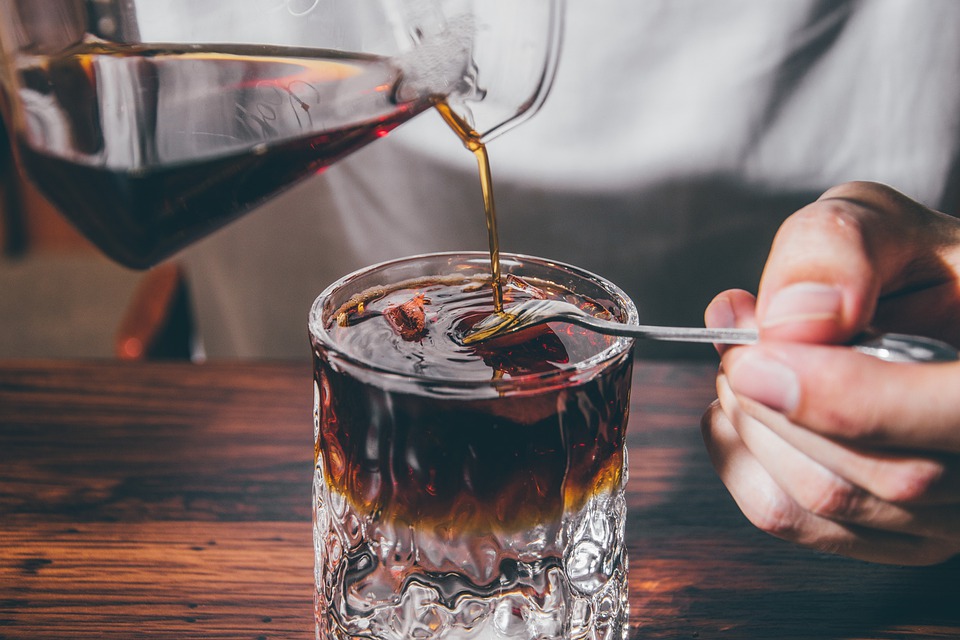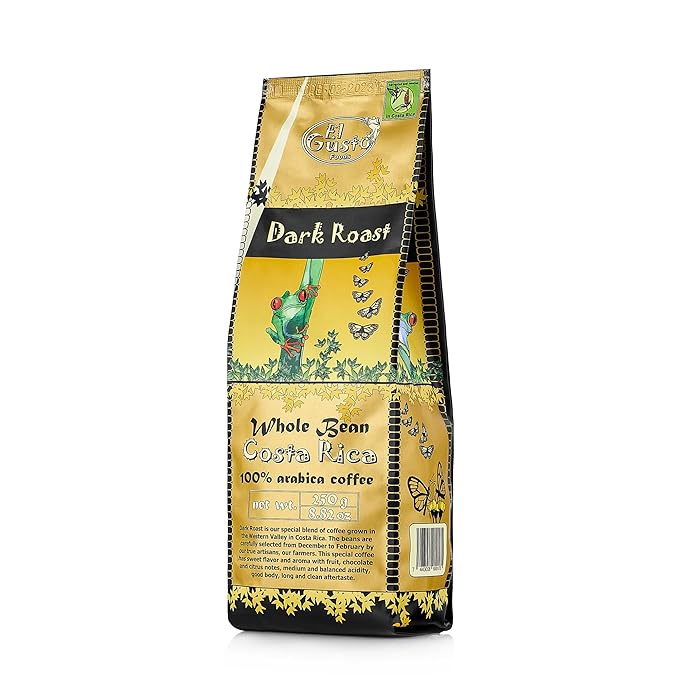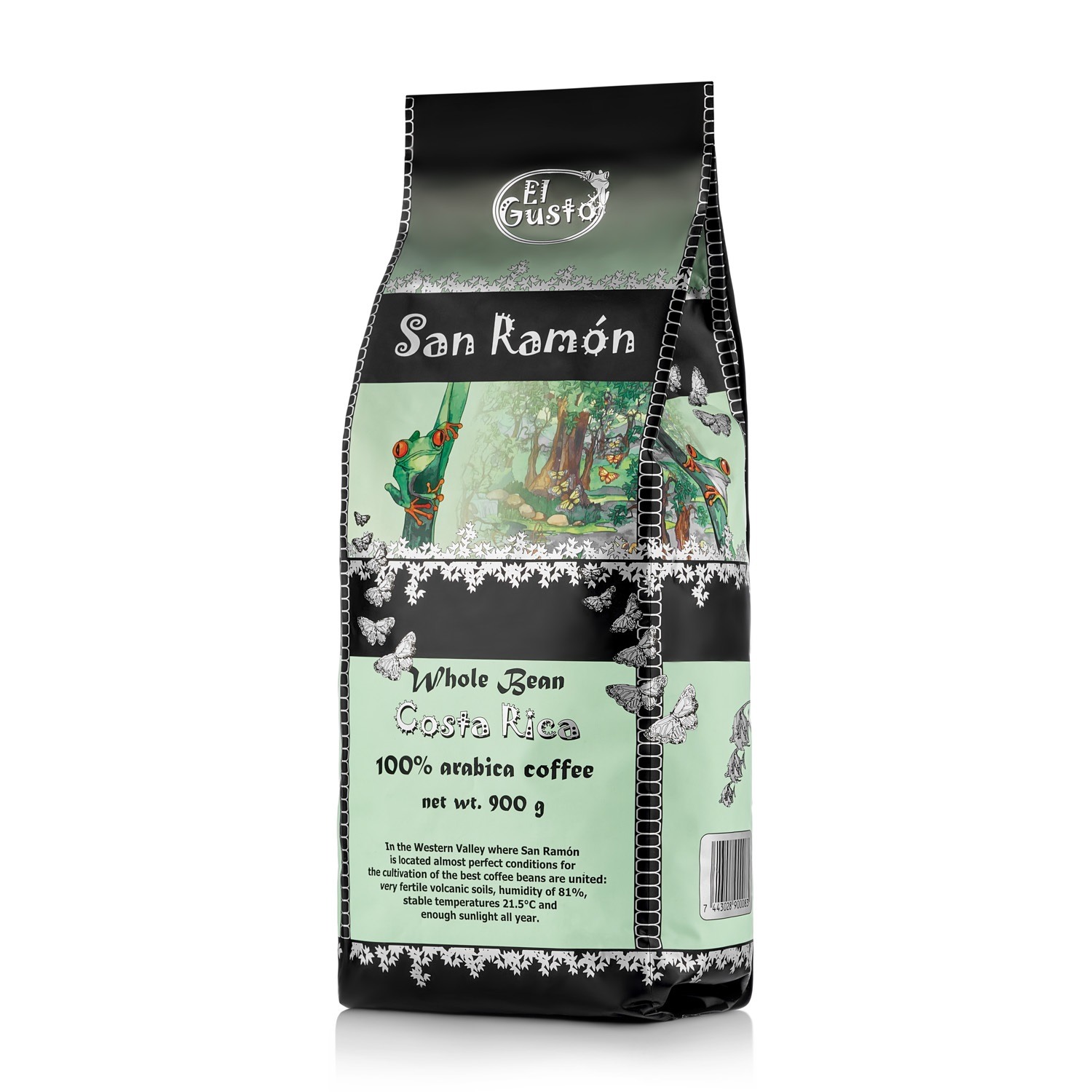
Top 10 Coffee Myths You Need to Stop Believing
Table of Contents
- Myth 1: Coffee Will Stunt Your Growth
- Myth 2: Coffee Will Dehydrate You
- Myth 3: Dark Roast is Stronger
- Myth 4: Coffee Has No Nutritional Value
- Myth 5: Coffee Messes with Your Sleep Schedule
- Myth 6: Black Coffee is Healthier than Regular Coffee
- Myth 7: Women Shouldn't Drink Caffeine during Pregnancy
- Myth 8: Coffee Gives You Stomachaches
- Myth 9: Instant Coffee is Inferior to Brewed Coffee
- Myth 10: All Coffee Tastes the Same
- Conclusion
Top 10 Coffee Myths You Need to Stop Believing
- Adam Smith
- 24-03-2022
- 29-07-2025
- 1815 views
- Coffee Tips, Featured Articles, Information

Coffee has a long history and a proven track record of popularity. But amidst the time-honored tradition of coffee consumption are myths that have been passed down through the decades. Here we’ll take a look at 10 of these coffee myths — some of which may surprise you — so you can set the record straight on coffee once and for all.
Following are some of the most common coffee myths:

Myth 1: Coffee Will Stunt Your Growth
You may have heard your parents warn you that drinking coffee would stunt your growth when you were a kid. This is a common belief, and it still persists today. But there’s no scientific evidence to support this idea. In fact, while coffee may cause a temporary rise in blood pressure, it doesn’t otherwise affect the body, including height.
Myth 2: Coffee Will Dehydrate You
Caffeine is indeed a mild diuretic, meaning it can increase the amount of urine you make. But studies show that coffee doesn’t actually cause dehydration because it contains water as well as caffeine. Unless you drink excessive coffee, your body should remain properly hydrated. And if you’re really worried about dehydration, just drink a glass of water along with your coffee.
Myth 3: Dark Roast is Stronger
This is a little bit of a chicken and egg situation. There are a lot of factors that affect how strong your coffee tastes, but the main one is how much caffeine is in it. A cup of coffee can contain anywhere from 60 mg of caffeine to 500 mg, and it’s not the roast that makes the difference. It’s how long you brew your coffee.
Since dark roast beans are denser than light ones, they take longer to extract in hot water and have less caffeine per cup.
Myth 4: Coffee Has No Nutritional Value
This one is so wrong that it might be beyond just a myth. The truth is there is a lot of good stuff in coffee. It’s the third most consumed drink in the world, only behind water and tea. And it’s full of antioxidants and nutrients. There’s been a lot of research into the benefits of coffee, and there are lots of proven health benefits.
Coffee also has vitamins like B1, B2, B3, and B5. All these vitamins are essential for energy, metabolism, and overall health. You’re definitely on the right track if you have all these in your diet.
Myth 5: Coffee Messes with Your Sleep Schedule
Actually, coffee can help you fall asleep faster at night. Caffeine stays in your system for about 6 hours, so if you drink it early in the day (say, before noon), it won’t affect you by bedtime. If you feel like having a late-night cup of Joe will help you get to sleep, try decaf—you’ll still get some good antioxidants from it, even though it doesn’t have any caffeine.
Myth 6: Black Coffee is Healthier than Regular Coffee
The healthiest way to drink coffee is black, right?
Not quite. The truth is that adding a splash of milk and sugar to your morning Joe can actually make it healthier. This is because milk slows the absorption of caffeine while adding some sugar makes sure you don’t have an energy crash later on.
Myth 7: Women Shouldn’t Drink Caffeine during Pregnancy
Although the fetus is especially vulnerable to the effects of drugs and alcohol, moderate amounts of caffeine are not known to be harmful during pregnancy. This is confirmed by the American College of Obstetricians and Gynecologists and the March of Dimes.
Myth 8: Coffee Gives You Stomachaches
While coffee may cause an upset stomach for some people, this is because of the caffeine and not the coffee itself. If you are one of these people and still have a hankering for your morning cup of Joe, try switching to decaf or perhaps just drink less caffeine overall.
Myth 9: Instant Coffee is Inferior to Brewed Coffee
Instant coffee is made with exactly the same raw materials as brewed coffee. The only difference is that it has been brewed and then dehydrated.
Instant coffee has a bad reputation because of the low prices it’s sold at and the concept that you get what you pay for.
As a result, instant coffee is generally made with cheaper, lower-quality beans than the regular ground or whole beans used for brewing. However, there’s no or minor difference between them when it comes to antioxidants and caffeine content.
Myth 10: All Coffee Tastes the Same
The taste of coffee depends on how it’s brewed, of course, but also on where it’s grown and how it’s roasted. Coffee beans grown in different countries have different flavor profiles, depending on soil and other factors. Roasting can range from light to dark, which produces different flavor notes in the bean.
Conclusion
We hope that these coffee myths were debunked and busted for you today. Coffee is a great drink that has countless health benefits and a long history of flavor. More than anything, we want to dispel the stigma around this much-loved beverage.






















